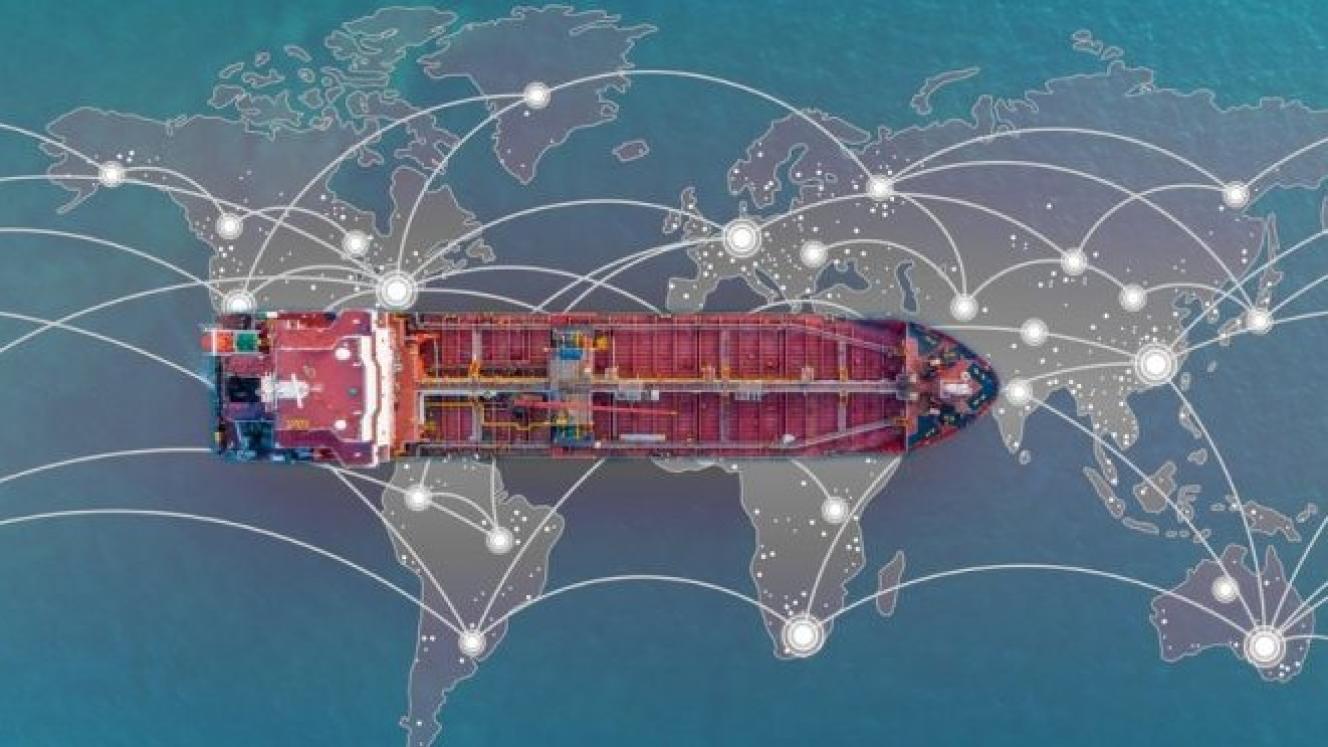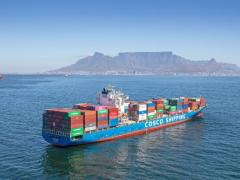Radio frequency (RF) cyber-attacks are increasingly being used as a principal modus operandi by the Houthi rebels, jamming signals and spoofing location pinpoints to carry out violent disruption of maritime trade off Yemen’s Red Sea coast.
RF interference is effectively depriving navigators of accurate position, navigation, and timing information, says maritime connectivity specialist Marlink.
Incidents have included vessels appearing to travel at supersonic speeds or being located on land – sometimes in circular patterns surrounding areas that armed attackers belonging to the Ansar Allah militia are attempting to shield.
In addition to impairing a vessel’s navigational capability, these RF cyber-attacks can interfere with mandatory global maritime distress and safety system requirements (GMDSS).
Not having access to GMDSS capability, or having it compromised, potentially prevents ships from sending distress alerts, Marlink says.
The increase in support requests this year has been significant, says the service provider.
Compared with last year, when Marlink’s help desk might have received one call every fortnight from clients concerned about GPS outages, by mid-July the company had received individual reports from more than 150 vessels in a single day.
The company adds that, due to the distance between geosynchronous orbit and the Earth’s surface, most satellite signals are relatively weak by the time they reach a vessel, making them comparatively easy to intercept.
Even modern low-earth orbit (LEO) satellites, such as the one deployed by Elon Musk’s Starlink, depend on GPS for positioning and timing – and the same holds true for Inmarsat-C, which carries GMDSS signals.
Most modern positioning receivers can switch between GPS, Beidou, Glonass, or Galileo, so the best immediate advice for ships entering high-risk zones is to cross-check suspect data from one system with readings from alternative constellations.
The instinctive reaction to an attack may be to shut everything down, but this is not always the best course of action. If a signal has been successfully spoofed, it is already effectively non-functional, as the spoofed location is likely within a geofenced zone where genuine signals cannot be received.
Another factor to consider is that maritime satellite antennas will attempt to lock on to the strongest available signal within their sailing area, transmitting a valid position once this connection is established.
By actively monitoring and verifying positioning data from multiple sources, Marlink can swiftly identify instances where a vessel appears to be moving at implausible speeds or receiving GPS signals from inland sources. Its engineers can then limit satellite or beam handovers to those that are absolutely essential.
As a result of GPS interference, often for militaristic motives, Asia Shipping Media reports that Marlink is developing solutions to analyse signals received by vessels, enabling users to determine whether those signals originate from space or from land – and therefore assess which are more likely to be authentic.













